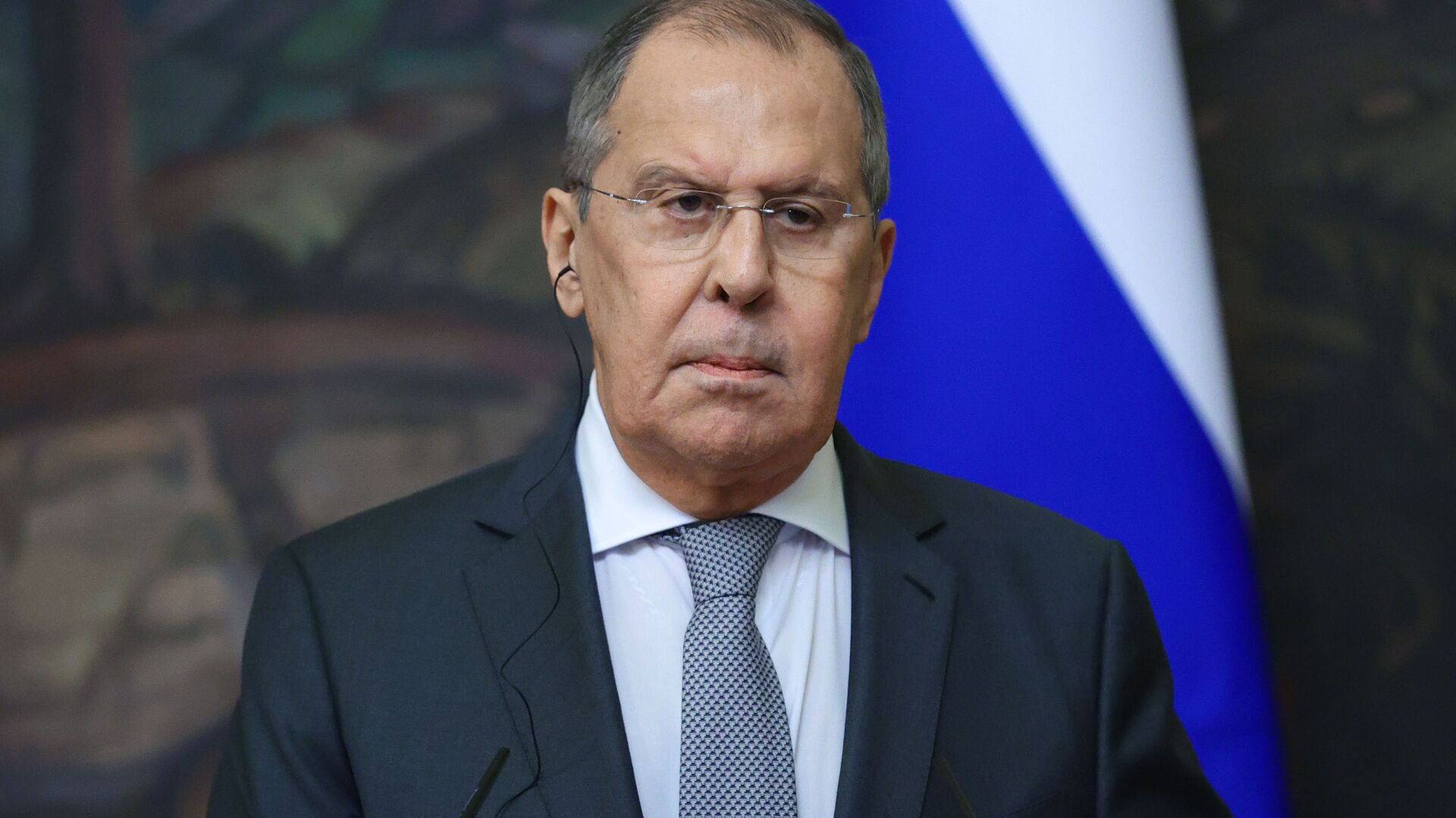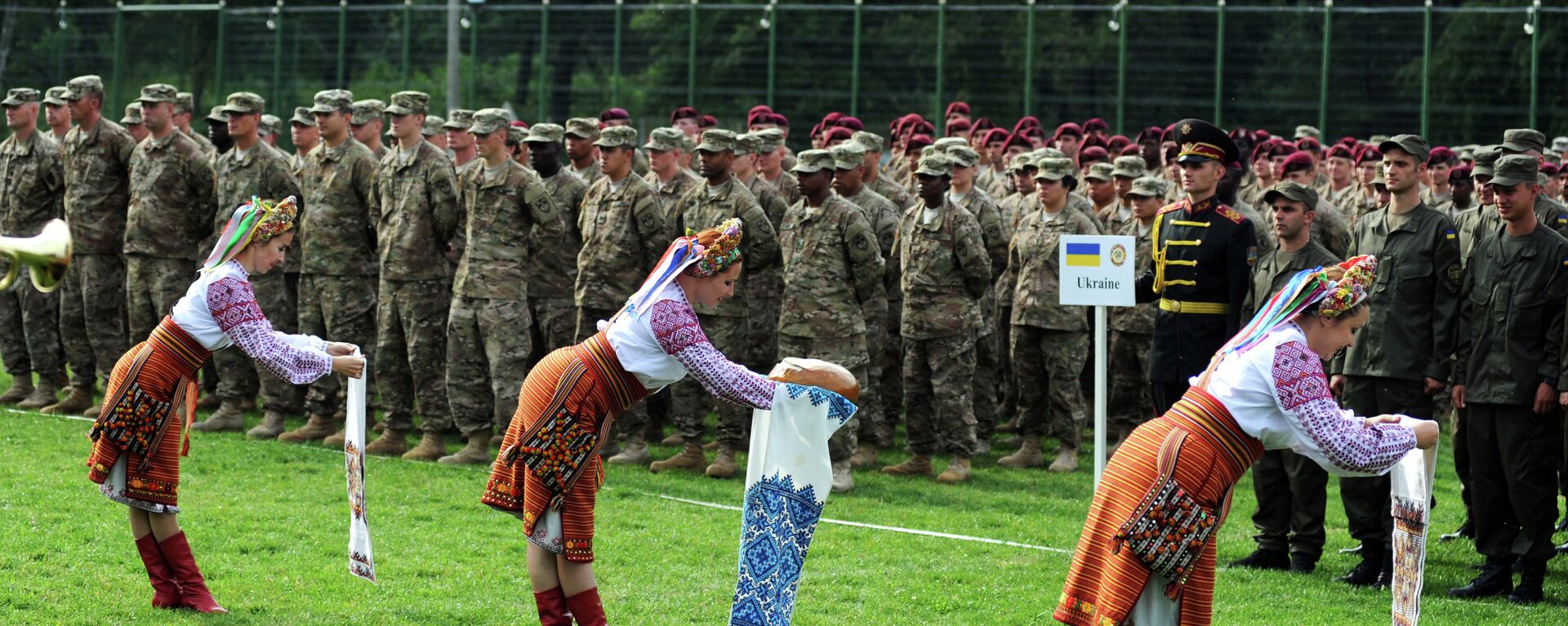Lavrov: Kiev's Readiness to Ensure Non-Bloc, Non-Nuclear Status of Ukraine is Significant Progress
15:33 GMT 30.03.2022 (Updated: 15:58 GMT 30.03.2022)

© Sputnik / Press service of the Ministry of Foreign Affairs of the Russian Federation
/ Subscribe
The Ukrainian side rolled out a list of proposals during its talks with Russia in Istanbul, Turkey, on Tuesday, that included Kiev agreeing to a non-bloc and non-nuclear status and rejecting the idea of returning Crimea and Donbass by military means, among others.
Russian Foreign Minister Sergei Lavrov has assessed the outcome of the Russia-Ukraine talks held in Istanbul on Tuesday as a positive step ahead, even though this is not the final result.
According to Russia's top diplomat, Kiev's readiness to ensure a non-nuclear and non-bloc status of Ukraine is significant progress. He stressed that the Ukrainian side has also confirmed its understanding that the issues of Crimea, which rejoined Russia in 2014, and Donbass, which declared its independence from Ukraine the same year, are a done deal.
"I consider it significant progress that the Ukrainian negotiators have confirmed the need to ensure a non-nuclear, non-bloc status of Ukraine and its security outside the framework of the North Atlantic Alliance, as well as the understanding by the Ukrainian colleagues that the issues of Crimea and Donbass have been finally resolved", Lavrov told reporters on Wednesday.
Lavrov made the statement shortly after Russia's chief negotiator Vladimir Medinsky said that Tuesday's talks marked the first time that Kiev authorities expressed their readiness to negotiate with Moscow.
On Tuesday, the Ukrainian delegation handed written proposals over to the Russian negotiating team, confirming their readiness for "a neutral, non-aligned and non-nuclear status, along with a refusal to produce and deploy all types of weapons of mass destruction, including chemical and bacteriological ones, and a ban on the presence of foreign military bases and foreign troops on the territory of the country", Medinsky said.
The list of other Ukrainian proposals goes as follows:
Ukraine will reject the idea of returning Crimea and Donbass by military means;
Ukraine presented a list of guarantor-states that will ensure its security;
International guarantees for Ukraine's safety do not include Donbass and Crimea;
Kiev will not allow foreign troops or foreign military bases to be deployed on its soil without consent from all guarantor-states. The same goes for holding military drills;
Russia will not object to Ukraine joining the European Union.
Medinsky stated that Kiev's proposals will be reviewed by Moscow and presented to President Vladimir Putin. The Russian side will also come up with a list of counter-proposals to Ukraine.
Over the course of the previous rounds of talks, the Russian and Ukrainian delegations managed to agree on humanitarian corridors to evacuate civilians from Ukrainian cities where the country’s military and nationalist battalions were fighting troops of the Donetsk and Lugansk People's Republics (DPR and LPR), as well as Russian forces taking part in the special military operation. However, Kiev and neo-Nazi regiments have repeatedly sabotaged the evacuation process.
The Russian special op was launched on 24 February in response to an appeal from the DPR and LPR to defend them against continued attacks by Kiev's forces.


